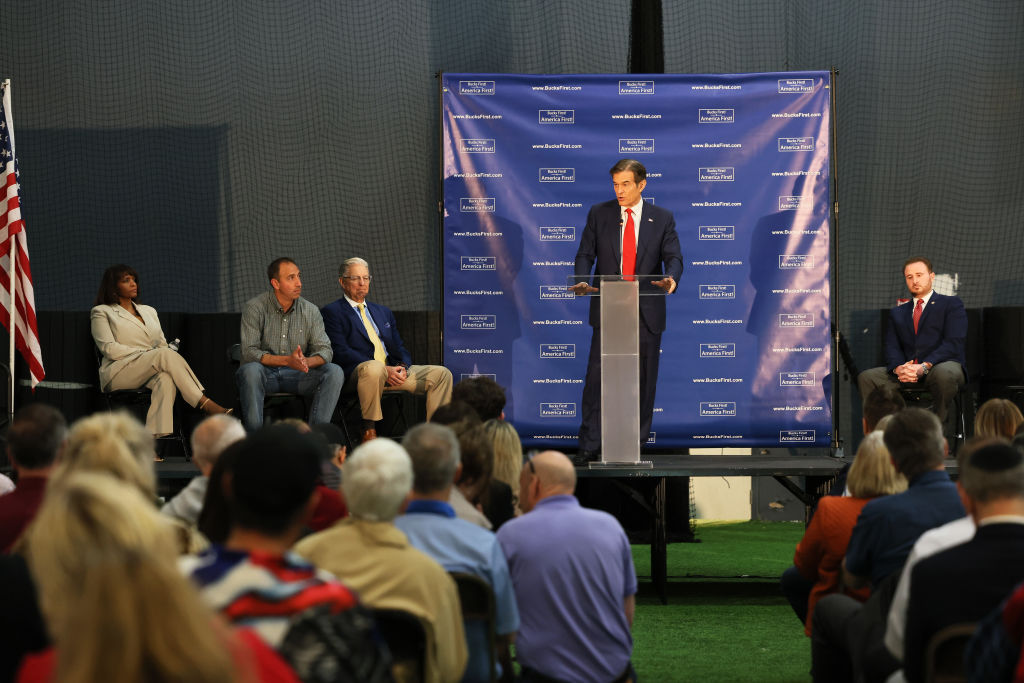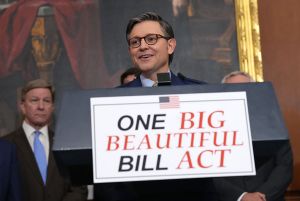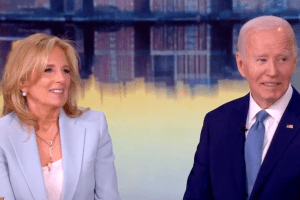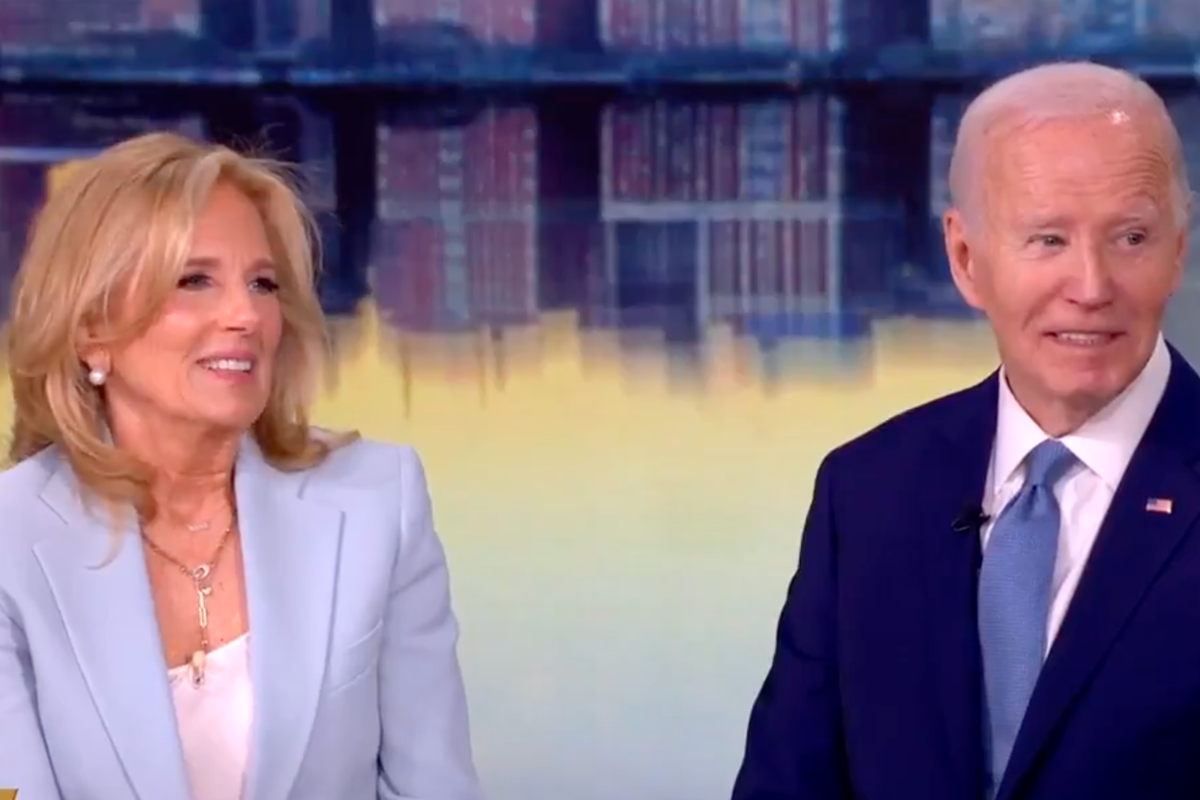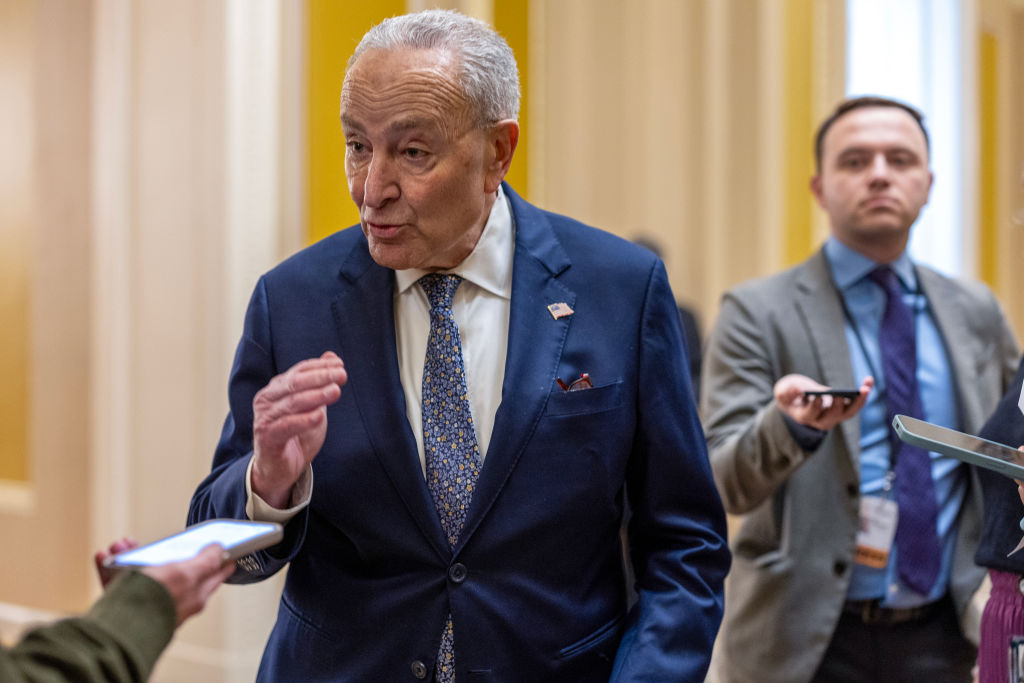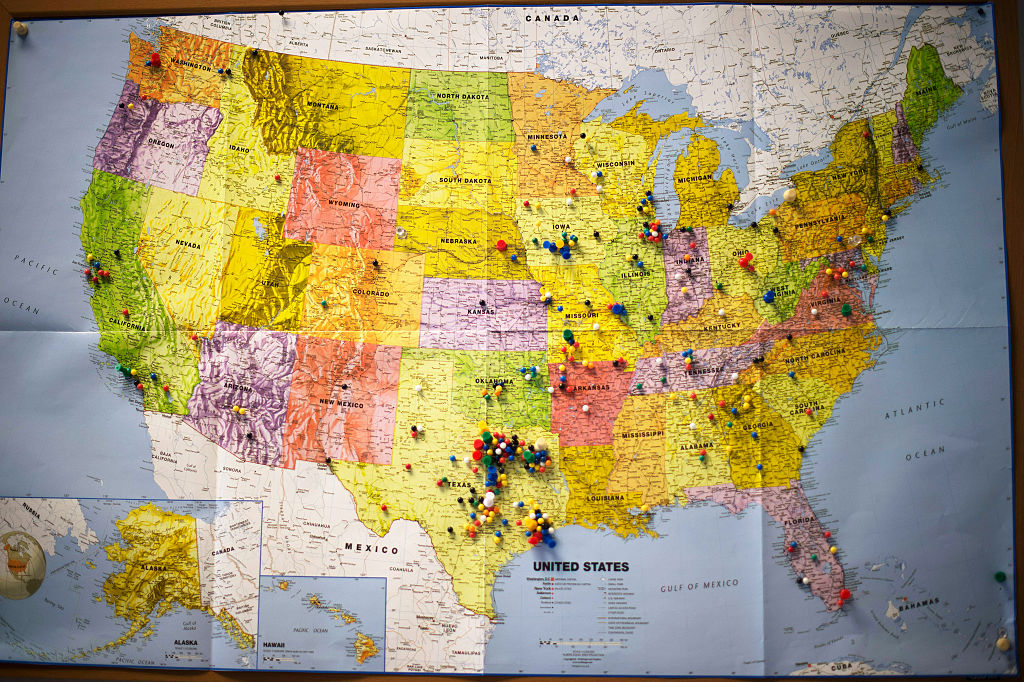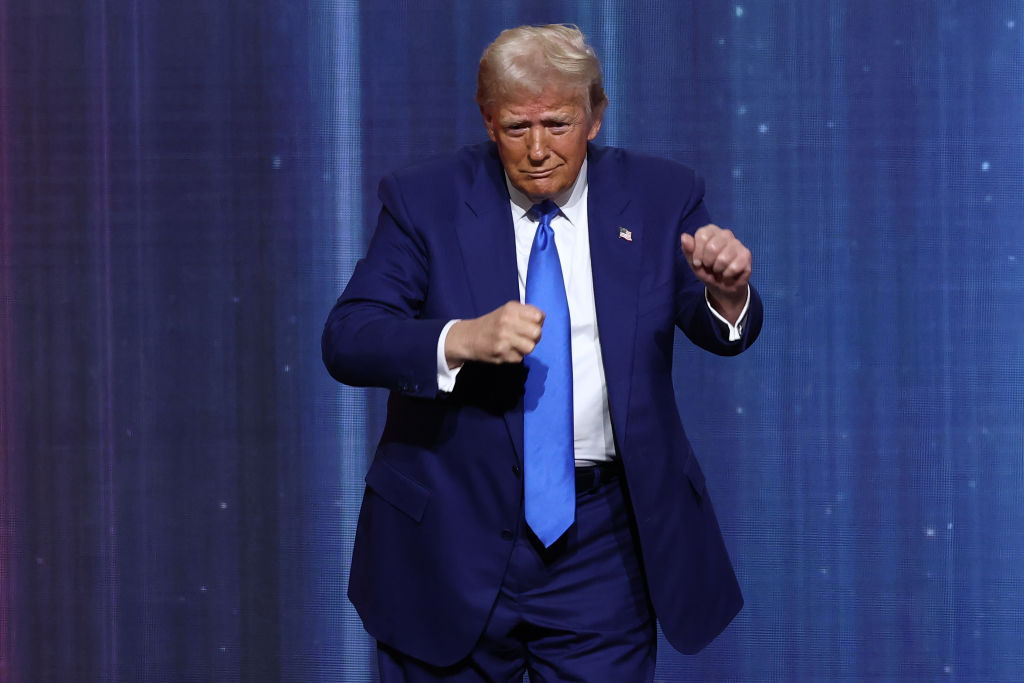Still on the fence about who to vote for in the Republican primary race for Pennsylvania’s US Senate seat, I watched the Newsmax “debate” earlier this month. I was naively hoping to determine which of the five candidates most aligned with my values. Instead what I learned was that they all hate each other.
The debate (again, I use that word loosely) was hosted by Grove City College, a small, Christian liberal arts school in western Pennsylvania that does not accept federal funding (there are a handful of such holdouts across the country). College president Paul McNulty offered an optimistic opening message, expressing hope that the event would be an opportunity for the “thoughtful exchange of ideas.” Ha! That dream was shattered after the very first question, as the candidates took turns slighting each other.
Greta Van Susteren moderated the event and explained that one of the rules was that if a candidate mentioned another by name, he or she would have thirty seconds to respond. This resulted in a really distracting tit-for-tat that was not only uninformative but painful to watch. Van Susteren actually appeared to roll her eyes at one point when long-shot candidate Jeff Bartos nagged her about getting a rebuttal because his name was mentioned. Van Susteren said something along the lines of “You’ll get your chance,” and I couldn’t help but be reminded of an overly tired mother trying to deal with her four-year-old’s one-track mind while calming her screaming infant.
Most of the abuse was aimed at Dr. Mehmet Oz and Dave McCormick, who were — until Kathy Barnette’s surprise surge — the race’s front-runners. The attacks weren’t witty or even particularly cutting, just the usual talking points.
Take, for example, this one-liner from candidate Carla Sands, which has all the sophistication of an entry from the “Burn Book” in Mean Girls. When Sands got her turn to explain how pro-life she is, she turned the lens on Oz — who Donald Trump has endorsed, by the way. Sands contended that Oz had missed previous debates because he was “what I call a MINO — and that’s MAGA in Name Only.”
And speaking of cringe, McCormick and Bartos had a confusing exchange in which McCormick seemed to imply that Bartos used Paycheck Protection Program money to buy a $1 million vacation home in Florida. PennLive.com reports:
“So, I don’t think Pennsylvania Main Street goes through Palm Beach,” McCormick said. That was a riff on Bartos’s regular attack against [McCormick] and Oz that “you can’t save Main Street if you can’t find Main Street.”
Bartos then tried to correct McCormick about the location of his vacation home — apparently it’s not exactly in Palm Beach, or something? Yes, it got that bad. McCormick then doubled-down on the “Hollywood liberal” label he’s been aiming at Oz on television ads and in mailers for as long as I can remember. Oz shot back by saying, “Desperate Dave, dishonest again.”
PennLive.com compiled a handy list of personal attacks the Republicans have waged against one another and reported that the rare “lulls of agreement” amounted to generic, substance-less, conservative precepts:
All said they would try to tighten security at the United States’ southern border with Mexico; control what they see as runaway federal spending; oppose tax increases and cut rates where possible; and take immediate steps to maximize US energy production both as an economic driver and a bulwark of national security.
With fellow Republicans like this, who needs Democrats? To listen to the way these candidates malign one another, you’d think they were all unqualified, corrupt, wishy-washy, power-hungry, opportunistic low-lives. Which maybe they are.
Of course, such abuse has been part of the political game since its inception, and it isn’t limited to the GOP. It seems the integrity of the political debate in general has deteriorated lately and in a fast and furious manner. Aren’t we all on the same team, after all? I’ve seen more dignity at a Miss America pageant, in which scantily clad young ladies take turns straightforwardly answering questions and politely golf-clapping for one another.
I have a theory that politics is so polarized that there’s no such thing as a “moderate” anything anymore. The Republicans, at least in Pennsylvania, have been trying desperately to show they’re more conservative than one another, and the Democrats likewise do their darndest to prove their progressive stripes. Therefore, there’s no debating policy issues. When everyone must be pro-life, pro-gun, and pro-energy (or pro-“reproductive rights,” pro-“common sense gun safety reform,” etc.), it becomes a matter of showing just how much more pro you are than your competition. I got some serious “Anything you can do, I can do better. No you can’t! Yes I can! No you can’t!” vibes from this debate.
Is this how our elected officials plan to win battles in Congress? I don’t think “insult and brag” was included in How to Win Friends & Influence People. Rather than help me understand what beliefs and principles inform and instruct these candidates in their decision-making, I was turned off and embarrassed for them.
To save the sinking ship that is the modern political debate, we could try using actual debate rules, such as the Harvard Debating System, which “has two essentials: good ‘form’ and argument backed by evidence.” Or better yet, how about a straight-up quiz, in which candidates are asked policy-specific questions regarding the matters about which they’ll be legislating? Nearly anything would be better than the immature name-calling charade we have now. Political debates have become an unwatchable mix of Maury and The View.



